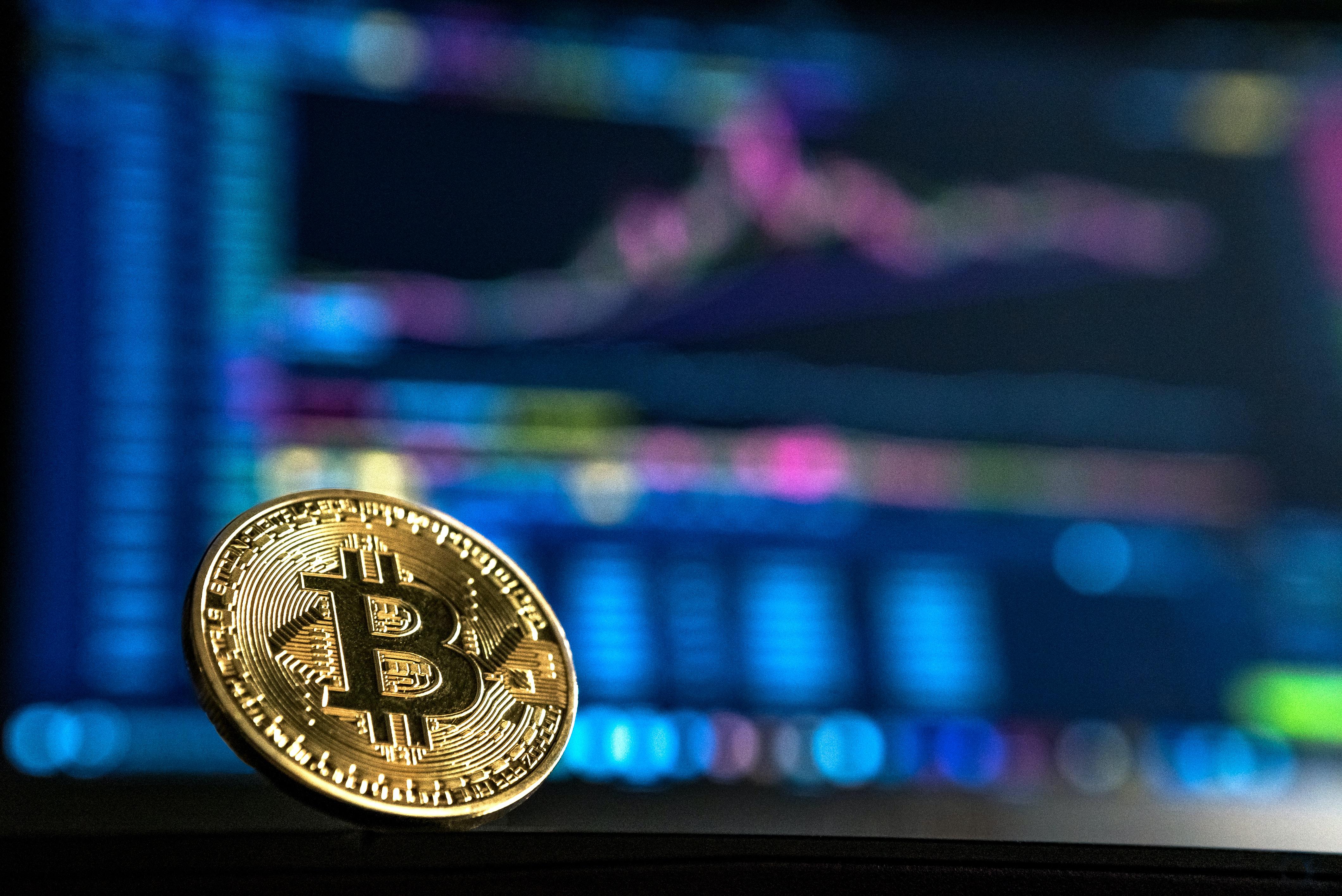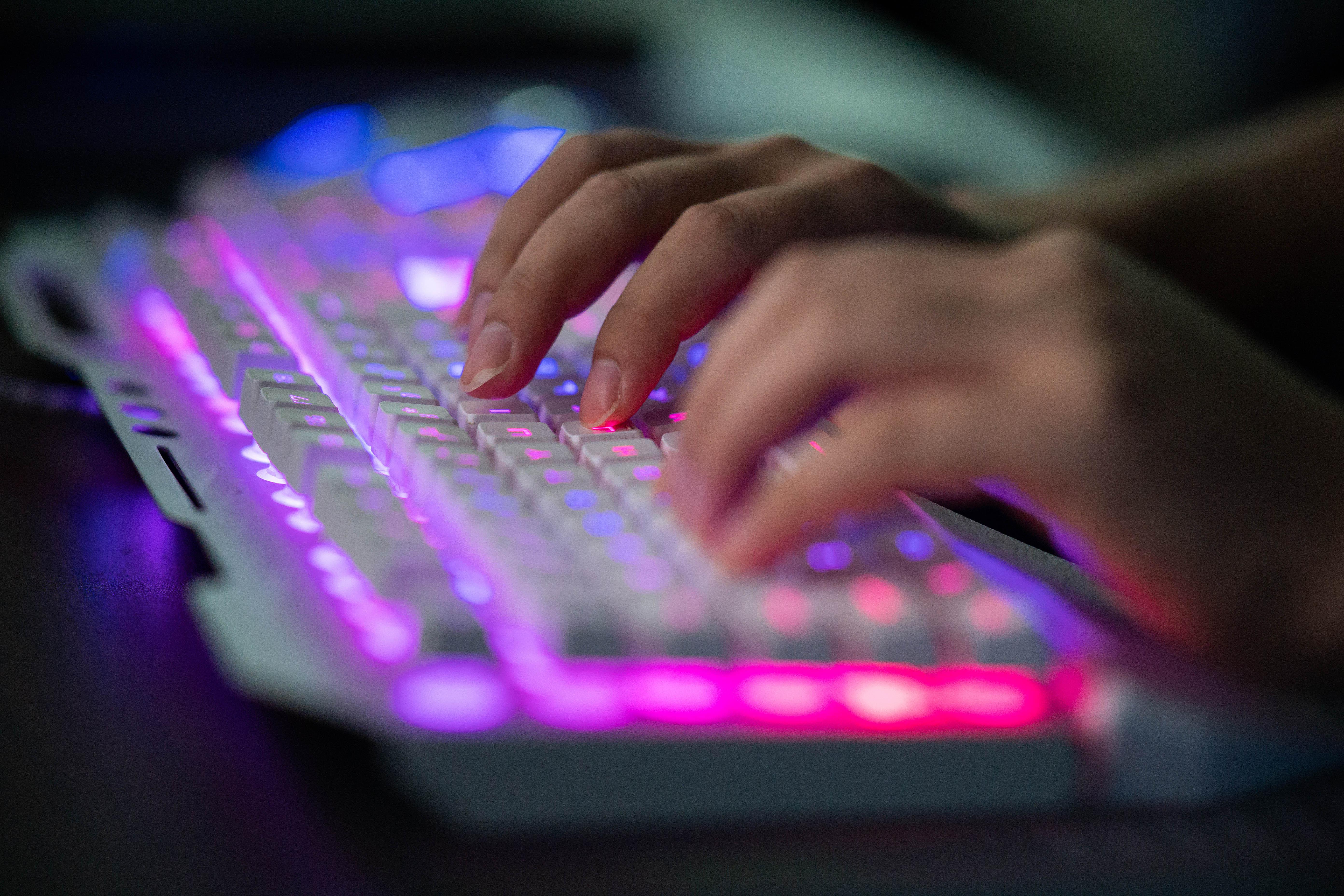Anyone who’s walked into a voting booth and scratched their preference onto a piece of paper knows the same thing: the voting process suffers from a dire lack of technology. We put a man on the moon in 1969–why are we still voting on paper? Going digital isn’t just a matter of convenience, but one of accountability—citizens the world over are increasingly losing trust in the democratic system, from miscounted votes, to denying eligible people the right to vote at all. So just how much can we digitize the act of voting? Perhaps blockchain—a public ledger technology where information is irreversibly recorded—can build a better system. Here, Internet pioneer Brian Behlendorf considers two aspects where blockchain can help, and one where it absolutely can’t. Better tech can end voter discrimination at polling stations, and falsely reported totals at the state and national levels, but will we ever be able to vote on our mobile devices from the comfort of a blanket fort? Behlendorf delivers the bad news. Brian Behlendorf is the executive director of Hyperledger; for more info, visit hyperledger.org.
Brian Behlendorf is a technologist, computer programmer and leading figure in the open-source software movement. He was a founding member and primary developer of the Apache Web server, the most[…]
Getting your vote to where it matters can be harder and more corrupt than it should be. Could blockchain technology build a better system and rebuild people’s trust?
▸
3 min
—
with
Sign up for Big Think on Substack
The most surprising and impactful new stories delivered to your inbox every week, for free.
▸
6 min
—
with
Related
Bitcoin is often derided as volatile, but a new report suggests there is a method to the madness.
As a form of civil disobedience, hacking can help make the world a better place.
A crash course in the history of money, the birth of Bitcoin, and blockchain technology.
▸
17 min
—
with
The 2020 election cycle is not yet as wild as the 1876 election that made Rutherford B. Hayes president.
Is Bitcoin akin to ‘digital gold’?





